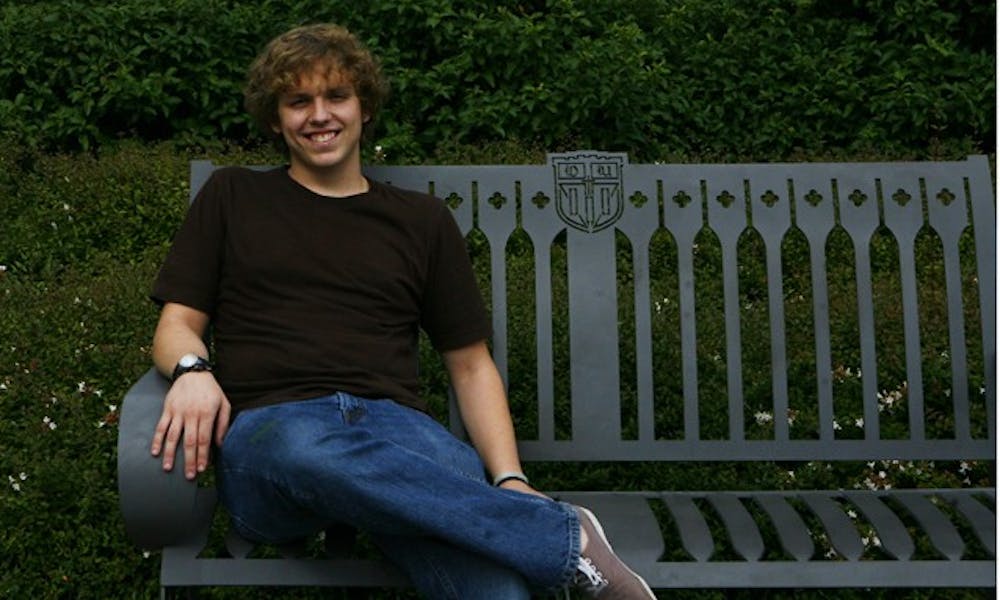Loud, unruly and disruptive parties have made the Trinity Heights neighborhood just off East Campus the scene of much tension between Duke students and long-term residents.
But with relations improving and a Duke student running in the elections Saturday for the Trinity Heights Neighborhood Association’s board of directors, there is hope that relations between Duke students and their neighbors can improve.
David Hershey, a senior living in Trinity Heights, hopes to become the second Duke student in two years to be named a member of the board. If elected this weekend, he wants to solidify the precedent of Duke students getting involved in Trinity Heights and show that students really want to be a part of the neighborhood, not just party there.
“I am doing this because I want to be a part of my neighborhood as a Duke student, and so that more Duke students in the future will do that too and not just be separate from the people around them,” Hershey said.
Large off-campus parties in Trinity Heights have strained relationships between long-term residents and Duke students. In the past, long-term residents have complained about the disruptive noise, trash, large groups of drunken students and blocked driveways as a result of “party houses” in the neighborhood.
A report prepared by the Trinity Heights Action Committee in February stated that the disruptions these parties cause “are intolerable for residents of adjacent properties.” The report also cited the frustration that comes with the need to “re-invent the wheel every year as students move in.”
President Richard Brodhead and Durham Mayor Bill Bell exchanged letters on the issue later in the Spring, and in April Joe Meyerowitz, Pratt ’09, was elected to the board of the THNA.
But the situation has improved gradually with the work of THNA, the University and the Durham Police Department. Police patrol the neighborhood at night, and there have been fewer incidents of unruly behavior as the year has begun. Many Duke students will even alert their neighbors when they plan to throw a party, said junior Will Passo, Duke Student Government vice president for Durham and Regional Affairs.
“When [Trinity Heights residents] think of Duke, they think of these so-called ‘outrageous parties’ and we want to combat that perception, one step at a time,” he said. “Duke students who live off campus have parties—that’s just a fact. But most of them do it in a safe and respectful way, and we can learn from them,”
THNA President Christine Westfall said Trinity Heights and students have made strides in improving relations. She noted that having Meyerowitz on the board of directors last year was an important step in the advancement because he provided neighbors with a chance to relate and communicate with a student.
Westfall said Duke’s Office of Student Affairs has been particularly helpful, utilizing a “knock-and-greet” program that brought people to approximately 60 Trinity Heights student houses to educate students on ways to effectively avoid getting into trouble with the neighbors.
“The combined effort has laid a better groundwork for success,” she said.
Although somewhat muted, the “party house” problems have not gone away. There are still a few houses that are the cause of frequent calls to the police and the neighborhood has not been without its complaints from long-term residents. The University also has not directly responded to the recommendations made by the Trinity Heights Action Committee, Westfall said.
Both Westfall and Passo noted the importance of having a student like Hershey on the board who can act as a critical communication bridge between long-term residents and students who attend parties in Trinity Heights.
Hershey said he is a strong proponent of increased interaction between long-term residents and students, and added that he hopes more events can be scheduled to stimulate this interaction.
Get The Chronicle straight to your inbox
Sign up for our weekly newsletter. Cancel at any time.

